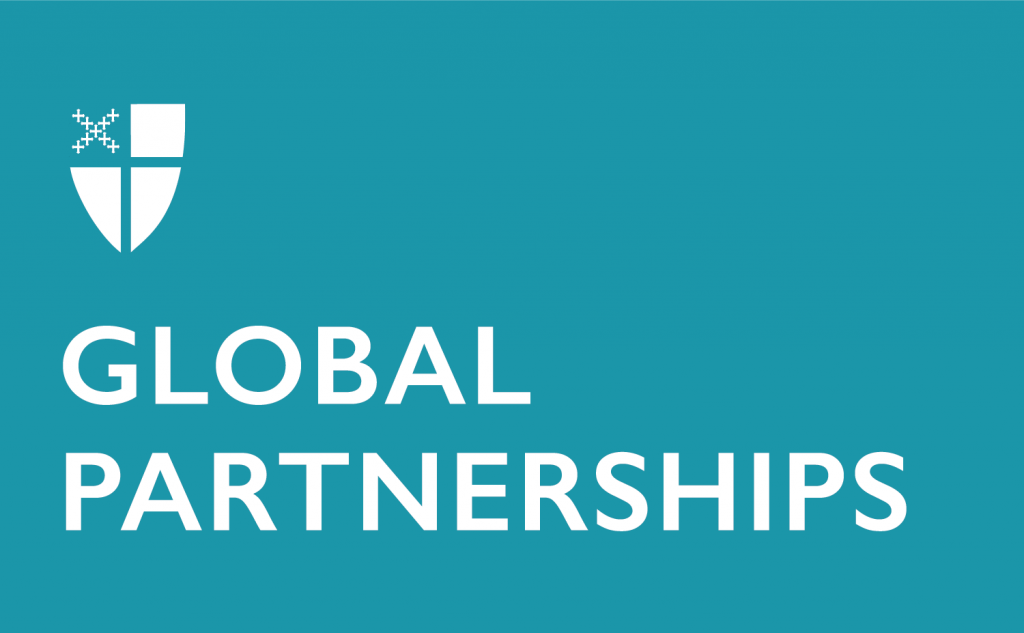Just, Inclusive, and Sustainable Peace
“No peace which is not peace for all, no rest until all has been fulfilled.”
Dag Hammarskjöld
I recently attended the third annual Symposium on the Role of Religion and Faith-Based Organizations in International Affairs, which was held at the United Nations and co-organized by the United Methodist Church, the World Council of Churches, and the Seventh-Day Adventist Church. It focused on just, inclusive, and sustainable peace. All of the speakers commented on the importance of a holistic view of peace – one that echoes the Old Testament prophet Micah’s call for the transformation of swords into plowshares and spears into pruning hooks and demands that we do not learn (or teach) war anymore. Tellingly, peace, to Micah and the Symposium speakers, also includes freedom from fear: “…and no one shall make them afraid…” (Micah 4:3b-4a)
If the cessation of ongoing violence is essential to keeping the peace, the elimination of fear is imperative for building peace – a just, inclusive, and sustainable peace that allows for development, education, the eradication of poverty, and the empowerment of women and girls. The concept of an integrated and interconnected peace served as the foundation for each presentation by representatives from a variety of faith-based, state, academic, and UN contexts. All of the speakers shared a nuanced view of the important role that religious peacemakers, leaders, and institutions can play – and are already playing – in the creation of a more just and peaceful world.
Dr. Ganoune Diop, the Director of Public Affairs of the General Conference of the Seventh-Day Adventist Church, told symposium participants to remember that “peace is a multifaceted reality.” It is relational, expresses itself holistically, and is ultimately the “act of building wholeness.”
Dr. Mohamed Elsanousi, the Network Director of the Secretariat of the Network for Religious and Traditional Peacemakers, shared that he sees a very clear increase in the presence of religious actors in many traditionally secular contexts, including at the recent annual meeting of the World Economic Forum in Davos. Mr. Elsanousi’s work brings together religious and state actors to build partnership and understanding. He sees the role of faith-based communities as essential to broader peace initiatives, particularly in assisting in the creation of “safe space for meaningful dialogue.”
Dr. Jeffrey Haynes, a professor of politics and the Director of the Centre for the Study of Religion, Conflict and Cooperation at London Metropolitan University, shared that faith-based actors tend to be more active in the transition period between conflict and post-conflict and work to foster reconciliation. He sees this work as essential for achieving improved human development. Religious peacemakers can provide emotional and spiritual support and effectively mobilize among local communities. Dr. Ulrich Nitschke, of the International Partnership on Religion and Sustainable Development, also highlighted the added value religiously motivated actors bring to peace negotiations precisely because of their community ties: “They are close to local communities and can identify the burning needs in ways that others may not be able to.”
The final panel session of the symposium featured state and religious representatives from the ongoing peace processes in the Philippines and Colombia. Secretary Jesus Dureza, the Presidential Adviser for the Peace Process (in the Philippines), shared that the government is seeking to engage with the wider community as part of their process. There are bishops from multiple denominations as well as Muslim clerics working alongside the government in these initiatives, with Secretary Dureza sharing that the government feels that “religious leaders are important partners in engaging the local communities.”
Monsignor Hector Fabio Henao, the Director of Caritas Colombiana, spoke of the work churches and faith-based organizations are doing in Colombia, highlighting, in particular the importance of accompaniment, listening, and the creation of safe spaces for conversation at the local level. He believes it is important to lift up “local experiences of peace” which encourage people to reflect on their immediate environment and personal choices about dealing with conflict in new and transformative ways. Peacebuilding, according to Monsignor Henao, works “…to destroy barriers and walls of hostility in the effort to create a new humanity…” that includes everyone.
Monsignor Henao’s Biblically based vision complemented an earlier discussion of the United Nations’ Sustainable Development Goals as a framework for peace. The SDGs were outlined in a document entitled Agenda 2030: Transforming our World and adopted by the United Nations General Assembly in September 2015. They were designed to enhance and replace the Millennium Development Goals that expired that year. Thomas Gass, Assistant Secretary-General for Policy Coordination and Inter-Agency Affairs of the UN Department of Economic and Social Affairs, spoke compellingly about the UN’s 2030 Agenda as an interconnected and interdependent vision of a shared future for the world. The 2030 Agenda presents a “shared vision of humanity” that seeks to ensure that no one is left behind and “…builds bridges of cooperation and understanding to affirm the dignity of all.”
The affirmation of dignity is something that should speak to us as Episcopalians. In our Baptismal Covenant, we commit ourselves to “strive for justice and peace among all people, and respect the dignity of every human being.” These words help frame how we live out our faith just as the 2030 Agenda helps the wider world live out its commitment to building just, inclusive, and sustainable peace in which everyone is free from fear. There is still so much that must be done, but I left the Symposium with a deeper knowledge of and appreciation for the faith-based and secular work that is already being done and that will continue to include more and more people. And that gives me something else that is key to our daily efforts to create a culture of peace: Hope.
*********
Quote from Dag Hammarskjöld’s Markings (Vintage Books, October 10, 2006, p. 35)

